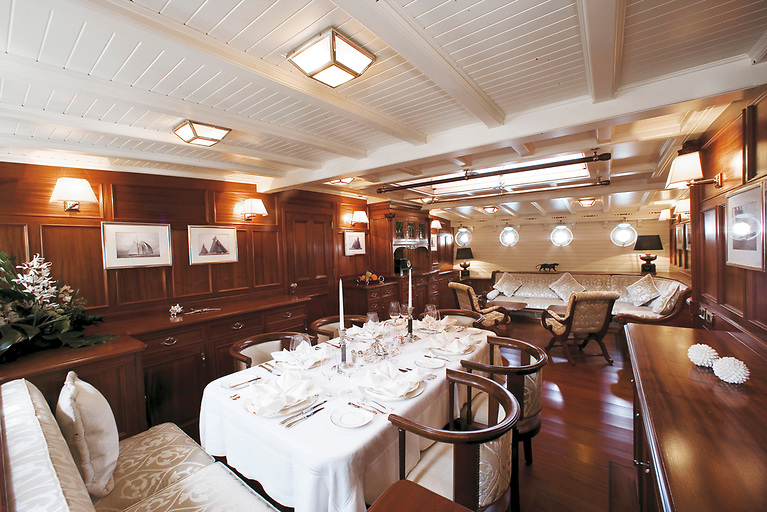Displaying items by tag: Eleonora
Sailor Struck in Face by Superyacht’s Steel Pulley In Line for Up To €1.8M in Compensation
A sailor who was struck in the face by a steel pulley on the deck of a multi-millionaire’s superyacht is set to get up to £1.6 million (€1.84 million) in damages.
According to MailOnline, Adam Prior says he was forced to quit his career at sea after he was struck by the 10-kilo steel pulley on board the Eleonora E during a race off the Isle of Wight in July 2015.
In an unrelated incident, the classic schooner Eleonora E was sunk after a collision with a large supply ship in the Spanish port of Tarragona this past June and is currently listed as “out of service”.
The £7 million boat is owned through a company by retired business tycoon Zbynek Zak. That company, Peras Ltd, was sued for £3.2 million in damages by 40-year-old Prior, who alleged blaming unsafe weather and lack of maintenance for the accident which he says caused him brain damage.
While the company denied all blame for the incident, Judge Richard Davison at a hearing at London’s High Court last month did not see it that way and found both sides equally at fault — which means Prior is in line for up to half his claim in compensation
MailOnline has much more on the story HERE.
Charter Schooner 'Eleonora' in the Med this Summer from €70k per Week
Fancy yourself on the tiller of a schooner in the Med this summer? Eleonora is now available for charter.
Eleonora is a precise replica of the 1910 Herreshoff schooner Westward. The historical yacht was arguably one of the most famous and best-known racing schooners of her time. She was designed by Nathanael Greene Herreshoff, the ‘Wizard of Bristol’, the designer of the America’s Cup defenders which turned back all six challenges from 1893 to 1920. Westward was undoubtedly the fastest schooner in the world in 1910 and in the following years.



Mirroring N.G. Herreshoff’s design, she is fully panelled in mahogany throughout. With no sacrifice to luxurious standards of comfort, her staterooms and entire traditional interior display the ambience and elegance of another age.

The Low Season charter rate for Eleonora is: €70,000 per week and High Season at €85k.

Download the full brochure/pr below




























































